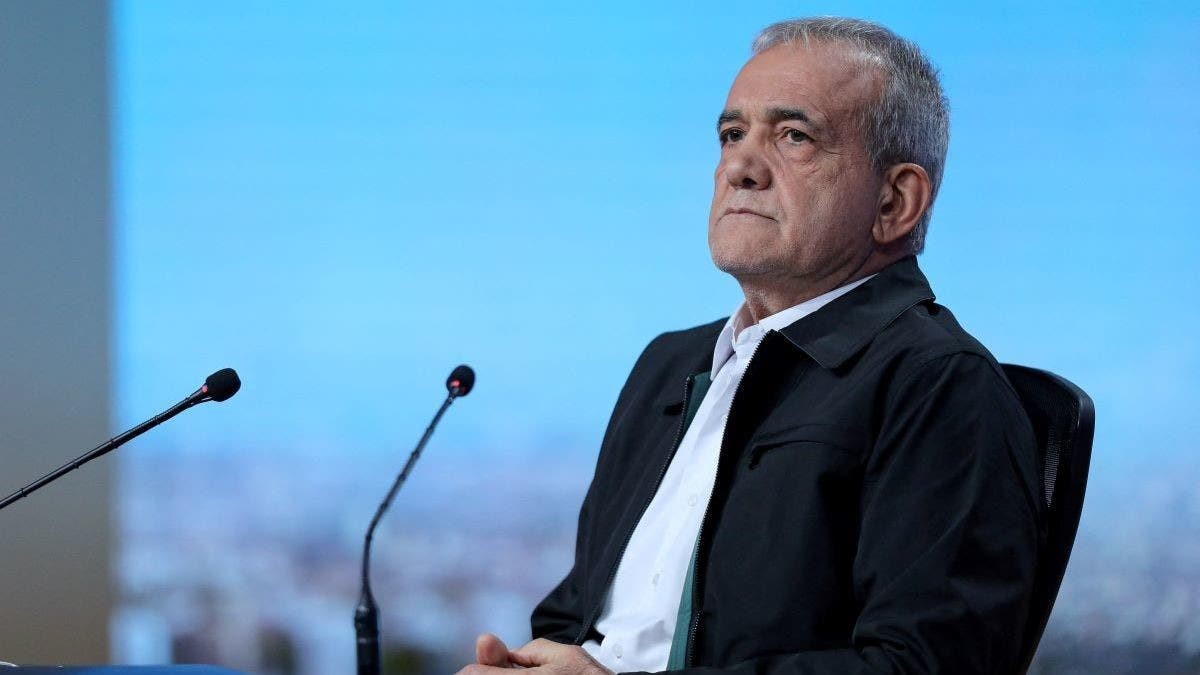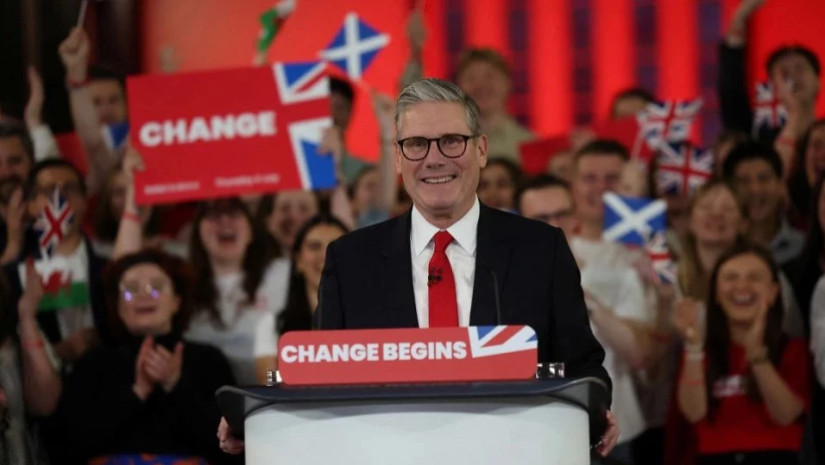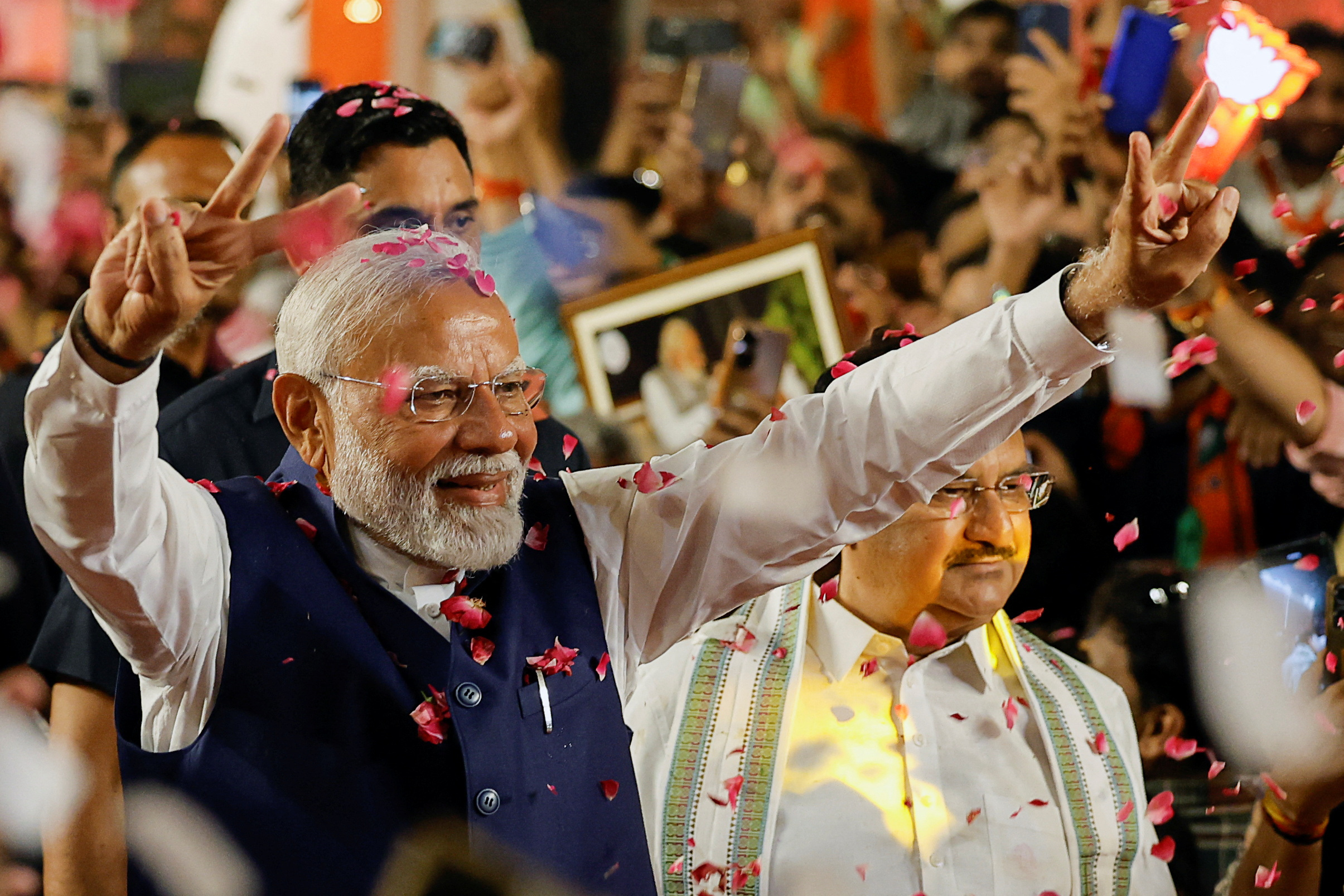Uzbekistan is a landlocked country in Central Asia. It has a presidential republic system of government. Here are some key points about the political system in Uzbekistan:
- Executive Branch: The President of Uzbekistan is both the head of state and the head of government. The President is elected by popular vote for a term of seven years and can serve a maximum of two terms. The President has significant executive powers and is responsible for leading the government, making policy decisions, and representing the country domestically and internationally.
- Legislature: The Oliy Majlis is the national parliament of Uzbekistan and serves as the country’s legislative body. It is a bicameral institution consisting of two chambers: the Senate (Senat) and the Legislative Chamber (Qonunchilik Palatasi). The Senate has 100 members, and the Legislative Chamber has 150 members. Members of both chambers are elected through a combination of direct and indirect elections.
- Political Parties: Uzbekistan has a dominant-party system, with the Uzbekistan Liberal Democratic Party (UzLiDeP) being the ruling party. Other registered political parties include the People’s Democratic Party of Uzbekistan (PDPU) and the Adolat Social Democratic Party. The political landscape in Uzbekistan has witnessed some recent changes aimed at increasing political pluralism and participation.
- Judiciary: The judiciary in Uzbekistan operates independently from the executive and legislative branches. The highest judicial authority is the Supreme Court, which is responsible for interpreting and applying the law. Uzbekistan has been taking steps to reform its judicial system and enhance its independence and effectiveness.
- Local Government: Uzbekistan is divided into 13 regions (viloyatlar) and the autonomous republic of Karakalpakstan. Each region is further divided into districts (tumanlar). Local government bodies, including regional and district councils, are responsible for managing local affairs and implementing local policies. Local officials are elected through local elections.
- Elections: Elections in Uzbekistan have been undergoing reforms in recent years to enhance transparency and inclusiveness. Presidential and parliamentary elections are held at regular intervals. However, the political landscape has been dominated by the ruling party, and there are ongoing efforts to foster a more competitive and pluralistic political environment.
- Human Rights and Civil Society: Uzbekistan has made some progress in improving its human rights record in recent years. Efforts have been made to address issues related to freedom of expression, media, and civil society engagement. The government has taken steps to foster dialogue and engagement with civil society organizations and promote human rights reforms.



